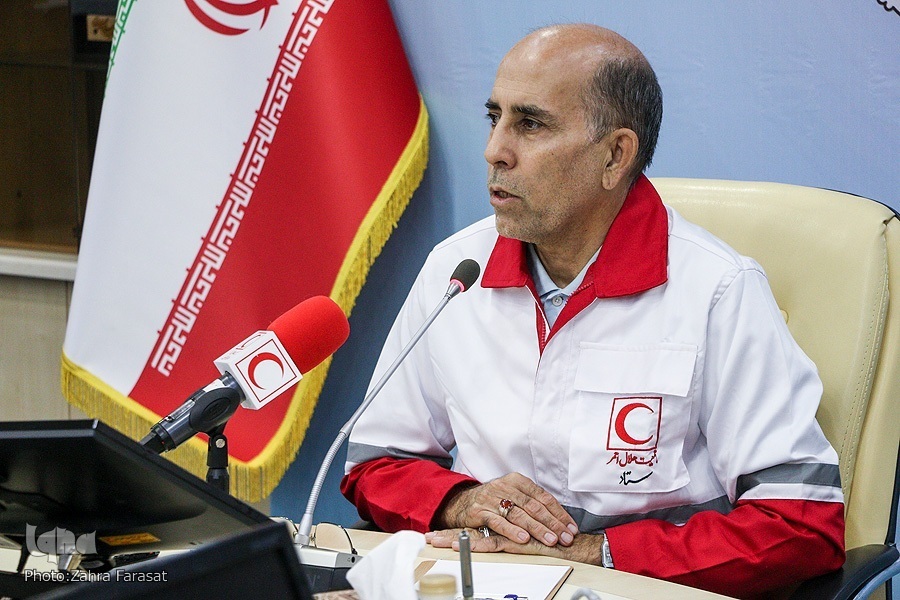Official Highlights Change in Hajj Health Services Guidelines

Speaking to IQNA, Sayed Ali Marashi said the new guidelines are different from the past.
He said that according to the new guidelines, each Islamic country is obliged to sign a contract in the health and medical sector with one of the Saudi companies that provide these services.
These companies are intermediaries between the Saudi Ministry of Health and the missions of Islamic countries, he noted.
Asked whether it is possible for Iran to set up a hospital during the Hajj period based on the new guidelines, he said Saudi Arabia has approved new laws for hospitals and has put forward some ifs and buts for the presence of an inpatient ward in them.
“However, it is possible to set up clinics in hotels and pilgrim gathering centers, but of course, the number of doctors, the location of the clinic, the pilgrims who receive services, the availability of one ambulance for five clinics, obtaining a license, etc. are among the regulations for setting up clinics.”
He was asked whether these changes will facilitate the provision of services to pilgrims or create obstacles. Marashi said if the intermediary companies act correctly, they will facilitate the receipt of services by countries that have Hajj pilgrims. “We will no longer have to go after obtaining an ambulance license, infectious waste disposal, etc. and conclude a separate contract for each of these cases.”
He said these measures were started in the last Hajj, but for the next Hajj, measures are progressing and problems are being resolved.
Elsewhere in the interview, Marashi said exams and interviews for selecting doctors, nurses and medical staff to be dispatched to next year’s Hajj have been completed.
He said 360 medical staff will be sent to Saudi Arabia for the 2026 Hajj, including doctors, nurses, emergency technicians, laboratory technicians, radiologists, hospital services, etc.
Read More:
One doctor will be dispatched to Hajj for every 550 pilgrims, he noted, adding that each doctor must conduct pre-departure examinations, create electronic files for pilgrims, participate in caravan training sessions, and provide face-to-face and virtual training for pilgrims.
He said that according to the protocol of previous years, the required medicines are also registered in the Saudi electronic system and after receiving permission, the medicines are transferred.
The official also noted that people on dialysis, people with neurological and mental illnesses, people with advanced heart failure, pregnant women, people with advanced liver disease, advanced lung patients, people who have recently undergone liver and kidney transplants, and people who have cancer and are undergoing treatment are absolutely prohibited from entering Saudi Arabia to perform Hajj.
He advised the pilgrims who have registered for Hajj to exercise and follow their diet before starting the examinations to determine their physical fitness if they are diabetic or obese, so that their excess weight does not prohibit them from going to Hajj and their diabetes is also controlled so that they are among those whose physical fitness is confirmed.
4317640



